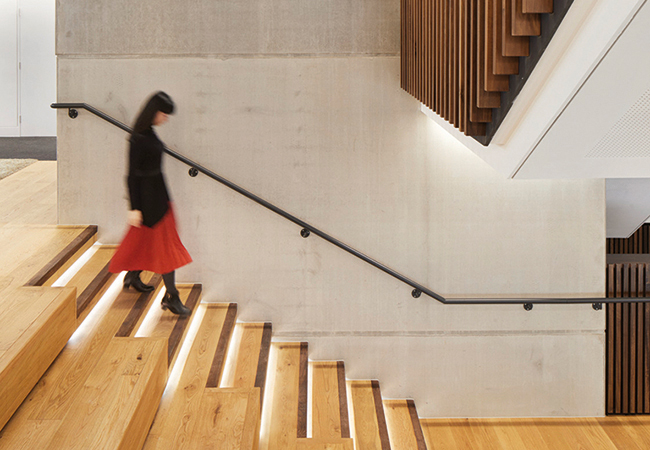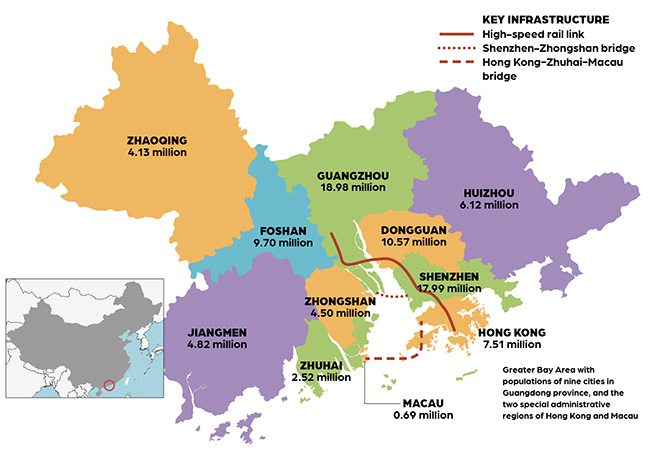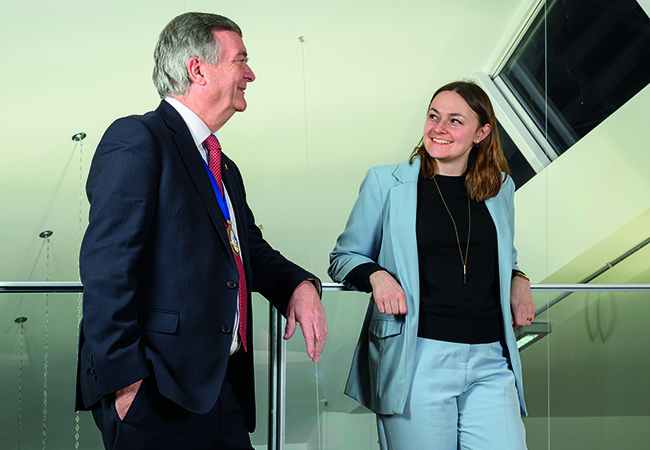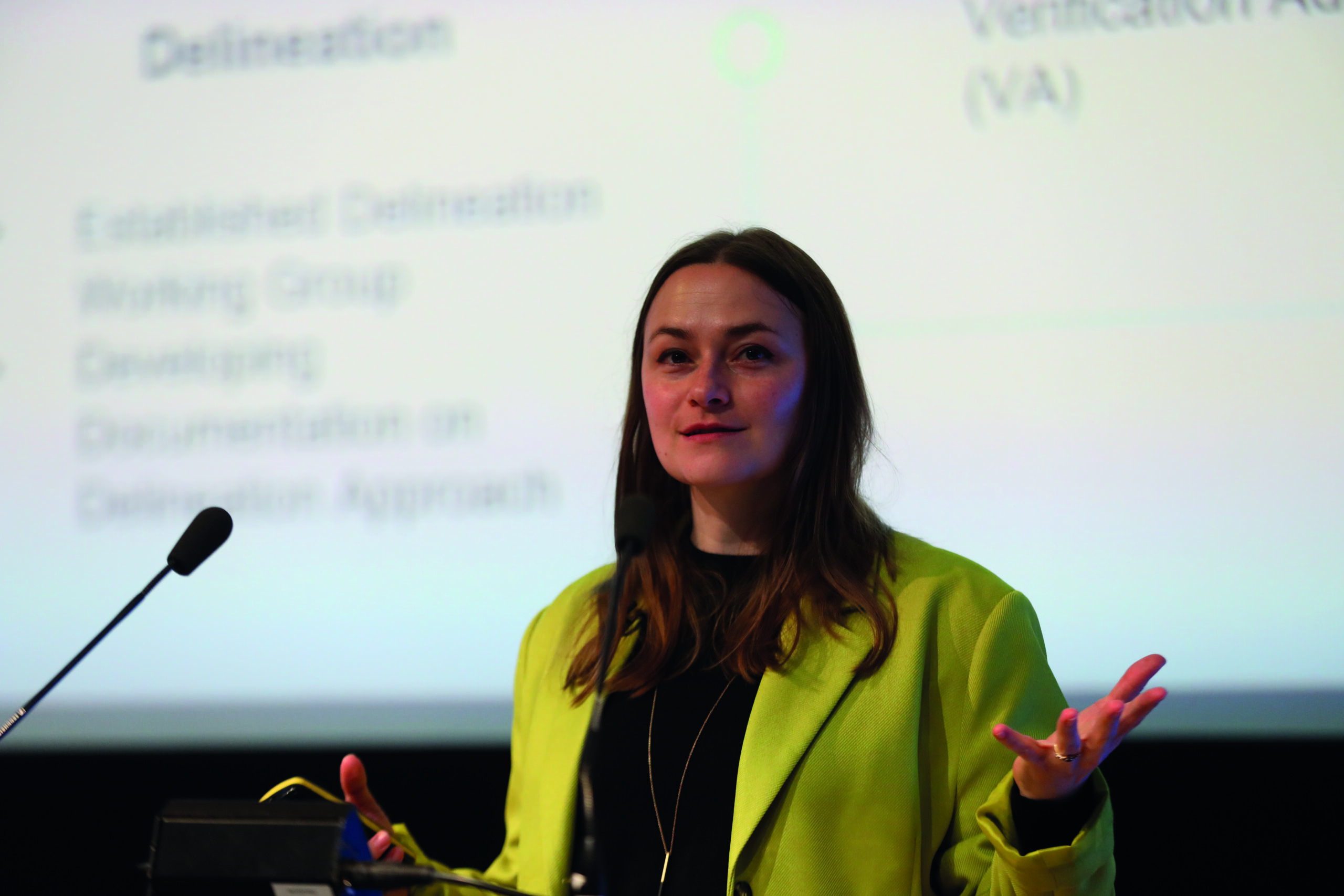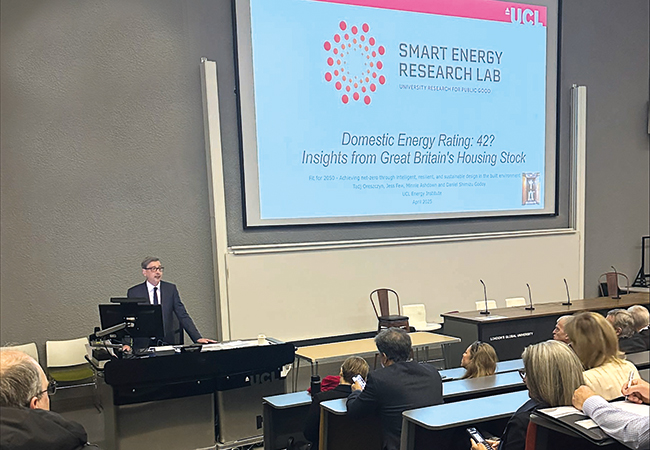
University College London (UCL) was the venue for this year’s CIBSE IBPSA-England Technical Symposium, which took place last month as CIBSE Journal was going to press.
Setting the tone for the event was keynote speaker Tadj Oreszczyn, professor of energy and environment, UCL Energy Institute.
He opened the event with some insights into domestic energy ratings for the UK’s housing stock. Chaired by CIBSE President Fiona Cousins, the keynote explored how these ratings, in use since the 1980s, have evolved into vital tools for policymakers, regulators and homeowners.
Oreszczyn drew on extensive monitored and modelled data from thousands of UK homes to examine the performance gap between design and reality – a recurring subject during his 35-year research career. The presentation underlined how future energy ratings must adapt to reflect real-world data if they are to support the transition to net zero effectively.
‘Domestic buildings are incredibly important for the future net zero agenda. They largely dictate the size of the grid we’re going to need because of the energy demand they have, particularly during winter,’ he said.
Oreszczyn spoke about having better access to building data. ‘It’s key to improving our models that we’ve become so dependent on, and that we will become even more dependent on over the next two decades.’
He said artificial intelligence (AI) was a game-changer, but that it relies on good data. Concluding, Oreszczyn said: ‘We are entering a period when science is perhaps more under threat than ever and we need to make sure we double-down on reproducibility and rigour, and challenge each other.’
The morning sessions reflected the same sense of urgency and innovation. One focused on net zero strategies and carbon benchmarking. Benedict Tertsea Shinku, from Brunel University, proposed a new methodology for commercial buildings, while Harry Sumner, representing Bennetts Associates and UCL, examined the carbon-reduction potential of decentralised ventilation in offices.
Valeska Pack, from Cardiff University, took a broader view, presenting a systematic literature review of strategies to decarbonise stadia, buildings that often fall outside standard typology frameworks.
Passive approach
Another session explored passive design solutions for comfort and sustainability. Chaired by CIBSE’s technical research manager, Zoe De Grussa, it showcased research that addressed both climate resilience and materials innovation (see page 45).
In the session Mariam Shehata, from UCL, introduced a case study on the use of rice straw insulation in Egyptian social housing.
The momentum continued into the afternoon with a session chaired by UCL’s Tim Dwyer, focused on AI and machine learning. Peter Ehvert, from Foster + Partners, presented a streamlined workflow using machine learning to accelerate built environment simulations, while Chakron Dechkrut, from Heriot-Watt University, described how AI can help classify heat pump use patterns in UK homes. Stantec’s Arash Izadpanah offered a comprehensive review of how machine learning is being leveraged for energy efficiency and decarbonisation.
A session on heat pumps looked at barriers to adoption and ways to improve performance. Chaired by CIBSE’s Colin Goodwin, it included University of Staffordshire researcher Nasim Shekari’s analysis of adoption barriers using a multidimensional framework, and Apec Acoustics MD Jack Harvie-Clark’s proposal for a risk-based framework to assess sound from ASHPs. Civic Engineer’s Olivier Boennec offered insight into enhancing performance through ambient loop systems.
Read more coverage in next month’s Journal. Visit cibse.org/symposium

